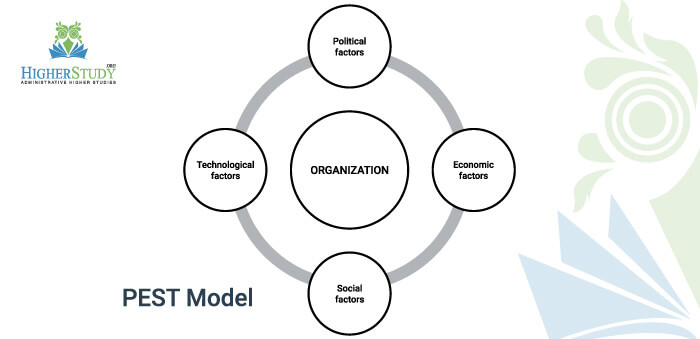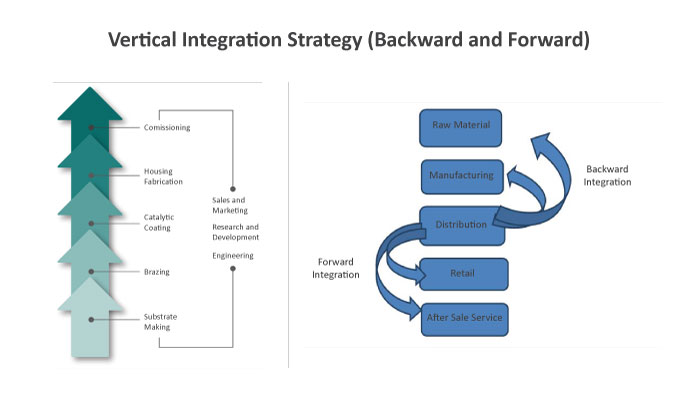Strategic Management Overview
Navigating the Path to Organizational Triumph
Strategic management is a comprehensive and dynamic process that involves the formulation, implementation, and evaluation of an organization’s long-term goals and objectives. It serves as a roadmap for executives to navigate through the complexities of the business environment, enabling them to make informed decisions and allocate resources effectively. This strategic approach considers internal strengths and weaknesses, external opportunities and threats, and aims to align the organization with its external environment.
Table of Contents
Strategic Planning
Strategic planning is the initial phase of strategic management, where organizations define their mission, vision, and values. This process involves analyzing the internal and external factors that impact the business, setting clear objectives, and developing strategies to achieve them. Through strategic planning, organizations can establish a direction for the future, identify key priorities, and allocate resources strategically.
Strategy Formulation
In this phase, organizations develop specific strategies to achieve their defined objectives. This involves assessing the competitive landscape, understanding customer needs, and leveraging internal capabilities. Common tools used in strategy formulation include SWOT analysis, Porter’s Five Forces, and PESTEL analysis. The goal is to create a competitive advantage and differentiate the organization from its rivals.

Strategy Implementation
Once strategies are formulated, the focus shifts to implementation. This involves translating strategic plans into action and aligning the organization’s structure, processes, and people with the chosen strategies. Effective communication, resource allocation, and monitoring are crucial during this phase to ensure that the intended strategies are put into practice successfully.
Strategy Evaluation
Continuous assessment of strategy effectiveness is vital for organizational success. Strategy evaluation involves monitoring the progress of implemented strategies, measuring performance against predetermined objectives, and making adjustments as needed. Regular reviews ensure that the organization remains agile and responsive to changes in the business environment.
Corporate Governance & Ethical Considerations
Strategic management is closely tied to corporate governance and ethical considerations. Organizations need to ensure that their strategic decisions align with ethical standards and legal requirements. Sound corporate governance practices help in maintaining transparency, accountability, and fairness, which are essential for long-term success and stakeholder trust.
Global Strategic Management
Given the interconnectedness of today’s business world, global strategic management has become increasingly important. Organizations need to navigate cultural, economic, and political differences while formulating and implementing strategies on a global scale. Understanding diverse markets, adapting to local contexts, and managing international partnerships are crucial aspects of global strategic management.
Conclusion
Strategic management is a multifaceted process that guides organizations in achieving their long-term goals. It involves careful planning, formulation of effective strategies, successful implementation, continuous evaluation, and a commitment to ethical business practices. As businesses operate in an ever-changing environment, a well-executed strategic management approach is fundamental to sustained success.
Frequently Asked Questions (FAQs)
What is strategic management?
Strategic management is the comprehensive planning and execution of an organization’s long-term goals and objectives, involving decision-making to shape its direction and allocate resources effectively.
Why is environmental analysis important in strategic management?
Environmental analysis helps organizations understand external and internal factors impacting them, identifying opportunities to leverage and threats to mitigate, providing a foundation for informed strategic decision-making.
What is SWOT analysis?
SWOT analysis is a strategic planning tool that assesses an organization’s strengths, weaknesses, opportunities, and threats. It helps in formulating strategies by leveraging strengths and opportunities and addressing weaknesses and threats.
How does strategic management address risk?
Strategic management involves risk management, which includes identifying potential risks associated with chosen strategies and developing plans to mitigate them, ensuring a proactive approach to uncertainties.
Why is organizational structure important in strategy implementation?
Organizational structure is crucial in strategy implementation as it defines roles, responsibilities, and reporting lines. A well-designed structure facilitates effective communication and coordination, supporting the execution of chosen strategies.
What role do monitoring and evaluation play in strategic management?
Monitoring and evaluation involve tracking key performance indicators (KPIs) to measure progress towards strategic objectives. It ensures organizations stay on course and allows for timely adjustments to strategies based on performance outcomes.
How does strategic management adapt to changes in the external environment?
Strategic management remains adaptive by regularly assessing the external environment. Organizations adjust their strategies to align with changing conditions, enabling them to respond effectively to new challenges and opportunities.
What is the significance of having SMART objectives in strategic management?
SMART objectives (Specific, Measurable, Achievable, Relevant, Time-bound) provide clarity and precision in goal-setting. They serve as a guide for strategy formulation and help in tracking progress toward desired outcomes.
How does strategic change management contribute to successful implementation?
Strategic change management addresses resistance and fosters a culture aligned with strategic objectives. It ensures a smooth transition during organizational changes, promoting the successful implementation of chosen strategies.
Why is strategic management considered an ongoing and dynamic process?
Strategic management is continuous because it involves adapting to evolving business landscapes. Organizations regularly review and adjust strategies to stay responsive to changes in the external environment and ensure sustained success.




In the field of management study, strategic management is a very important topic. Because, strategic management always accelerates the business profit and domination in the marketplace. Your this article is shown that thing nicely. So, thank you!